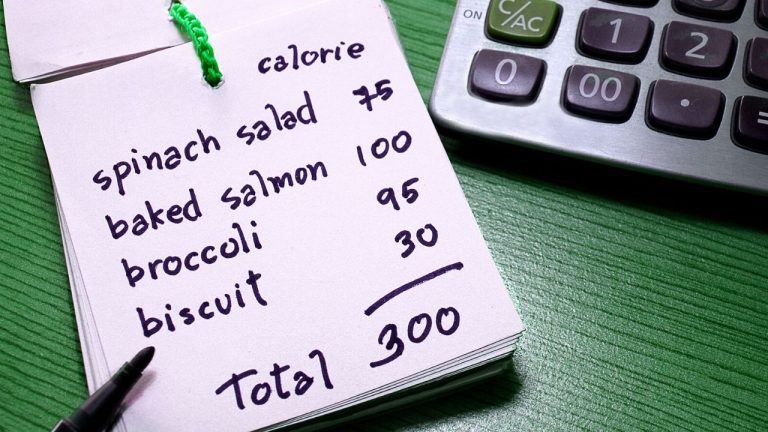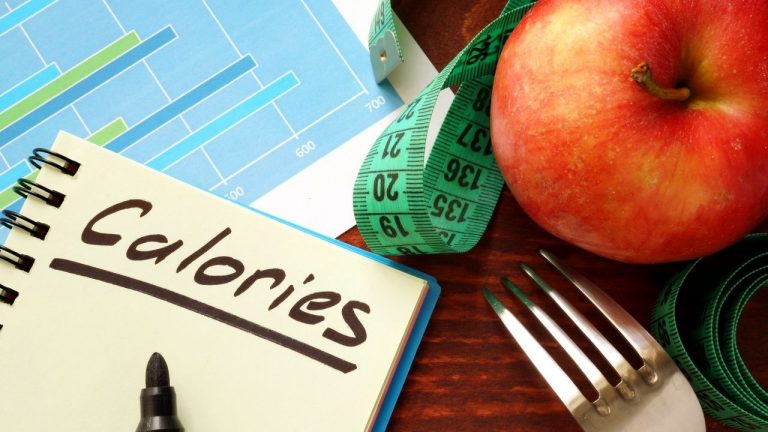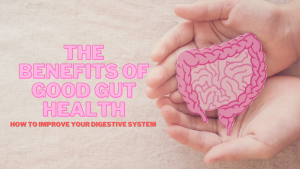The Calorie Deficit Diet: What Is It and How Does It Work?
If you’re looking to lose weight, you may have heard of the calorie deficit diet. What is it? How does it work? And can it help you achieve your goals? We’ll answer all of those questions and more in this blog post! We’ll discuss a calorie deficit diet, how it works, and the benefits and drawbacks of following one. We’ll give you some tips for creating your calorie deficit diet plan. So read on to learn everything you need to know about this popular weight loss strategy!
What is a calorie deficit diet, and how does it work?

A calorie deficit diet is a diet where you consume fewer calories than your body uses. It can be done by either eating less, exercising more, or combining both. When you create a calorie deficit, your body is forced to burn stored fat for energy, leading to weight loss. While a calorie deficit diet can be effective for weight loss, it’s essential to ensure that you’re still getting your body’s nutrients. Otherwise, you may experience fatigue, headaches, and other side effects. If you’re thinking of starting a calorie deficit diet, it’s best to consult with a registered dietitian or doctor first.
What are the benefits of following a calorie deficit diet plan?

When it comes to weight loss, there are a lot of different approaches that people can take. One popular method is to follow a calorie deficit diet plan. It involves eating fewer calories than your body needs to lose weight. While this may sound like a simple concept, several benefits can be gained from following this diet plan. First, it can help to boost your metabolism. When you eat fewer calories, your body has to work harder to process your food. As a result, you can burn more calories even when at rest. In addition, a calorie deficit diet can help to minimize your hunger levels. When you eat less food, your stomach feels fuller faster, and you are less likely to feel hunger pangs throughout the day. Finally, this type of diet plan can also help to improve your mood and energy levels. When you cut out processed foods and empty calories, you are more likely to have stable blood sugar levels. It can lead to increased energy and a better mood overall. If you want to lose weight healthily, following a calorie deficit diet plan is excellent.
How can you create a calorie deficit without feeling hungry or deprived all the time?

If you’re trying to lose weight, you need to create a calorie deficit, eating fewer calories than you’re burning. But if you cut calories too much, you’ll feel hungry all the time and end up overeating or making poor food choices. So how can you create a calorie deficit without feeling deprived? First, start by making minor changes to your diet, such as eating an apple instead of candy for a snack or choosing roasted chicken instead of fried chicken for dinner. Second, make sure you’re getting enough protein, which will help you feel fuller longer. Third, eat frequently throughout the day, so you don’t get too hungry. And fourth, allow yourself occasional treats, so you don’t feel like you’re constantly depriving yourself.
Are there any risks associated with following a calorie deficit diet plan?

There is no doubt that following a calorie deficit diet plan can be effective for losing weight and burning fat. However, it is essential to recognize that some potential risks are also associated with this approach. Cutting calories too drastically or too suddenly can make you feel overly hungry and exhausted, leading to binge eating or skipping workouts altogether. Additionally, if you restrict your daily caloric intake too much, your metabolism may slow down and make it more challenging to maintain your weight loss in the long term. Therefore, while a calorie deficit diet plan can help you meet your weight goals, safety and health are essential. To minimize the risks of this type of dieting, it is best to have reasonable expectations about how quickly you will lose weight and consult with a healthcare professional about what nutrition guidelines are suitable for you. Taking these precautions makes you more likely to reap the benefits of a calorie deficit diet without any significant side effects.
How do you know if you’re eating enough calories on this type of diet?

When starting on a calorie-restricted diet, it can be challenging to know if you’re eating enough calories to fuel your body and support your health. One way to tell whether or not you’re getting enough calories is to track your calorie intake for at least a few days. You can use a food journal or tracking app on your phone or computer to keep track of all of the different foods and beverages you consume throughout the day. Then, by comparing this information against recommended calorie guidelines, you can get a sense of whether or not you’re drinking enough calories. Additionally, you may want to pay attention to any signs that indicate that your body might be too calorie-deprived. It could include headaches, fatigue, sluggishness, moodiness, irritability, or trouble focusing. If you find yourself experiencing any of these symptoms regularly while on your diet, then it may be time to adjust your calorie intake accordingly. By keeping track of your calorie consumption and paying attention to how well you’re feeling overall, you’ll be able to make sure that your calorie deficit isn’t harming your fitness goals.
What are some tips for creating healthy, delicious meals that fit your calorie deficit budget?

Several tips for creating healthy and delicious meals that fit your calorie deficit budget. One of the most important is to use fresh, whole ingredients whenever possible. Choosing lean protein sources like chicken and fish can help you keep your calorie intake in check, while antioxidant-rich fruits and vegetables will provide essential nutrients. In addition, it’s a good idea to focus on seasonally appropriate foods, as they often tend to be more nutrient-dense than available year-round. And when cooking at home, be sure to incorporate techniques like grilling, roasting, and steaming that require minimal oil or butter. With these simple strategies in mind, you can easily create satisfying and calorie-conscious meals to help you achieve your fitness goals!
FAQS on The Calorie Deficit Diet
The calorie deficit diet has been gaining popularity recently in losing weight. But what is it exactly? And how does it work? Here are some frequently asked questions about the calorie deficit diet.
How does the calorie deficit diet work?
The diet’s premise is simple: to lose weight, you need to eat fewer calories than your body burns. This creates a “calorie deficit” that forces your body to burn stored fat for energy. Over time, this leads to weight loss.
Can you lose weight just by calorie deficit?
Yes, but it’s not recommended. While you can lose weight by eating fewer calories than your body burns, it’s not a sustainable or healthy way to lose weight. In addition, the severe calorie restriction can lead to muscle loss, fatigue, and other health problems.
How many calories should I eat in a day?
There is no one-size-fits-all answer to this question. The number of calories you need depends on your age, sex, height, weight, and activity level. However, most experts recommend that people who want to lose weight should consume between 1400-1600 calories per day.
What are some healthy foods to eat while on the calorie deficit diet?
While on the calorie deficit diet, some healthy foods include lean protein sources like chicken and fish, fruits and vegetables, whole grains, and healthy fats.
What are some unhealthy foods to avoid while on the calorie deficit diet?
Some unhealthy foods to avoid while on the calorie deficit diet include processed foods, sugary drinks, and high-fat foods.
What are some of the side effects of the calorie deficit diet?
Some of the side effects of the calorie deficit diet include fatigue, headaches, trouble focusing, and irritability. If you experience any of these side effects regularly, it’s essential to adjust your calorie intake accordingly.
What are some tips for sticking to the calorie deficit diet?
Some tips for sticking to the calorie deficit diet include meal planning, cooking at home, and avoiding processed foods. In addition, it’s essential to pay attention to how your body feels while on a diet and adjust your calorie intake accordingly.
Conclusion
The calorie deficit diet is a great way to lose weight quickly. It’s simple, easy to follow, and doesn’t require special foods or supplements. If you want to drop a few pounds in a hurry, the calorie deficit diet is worth trying out!



